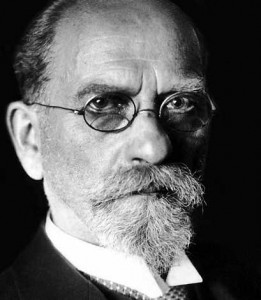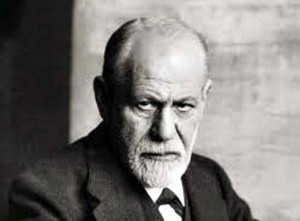 “Conservative Revolution” is community of the thinkers who have approved a new ethic and political position. Representatives of this movement see necessity of new gestalt dominance, namely, gestalt of Worker (Arbeiter). “Worker” is not conduct of life, it is style: total gestalt.
“Conservative Revolution” is community of the thinkers who have approved a new ethic and political position. Representatives of this movement see necessity of new gestalt dominance, namely, gestalt of Worker (Arbeiter). “Worker” is not conduct of life, it is style: total gestalt.
The “whole” before had been thought in Continue reading









